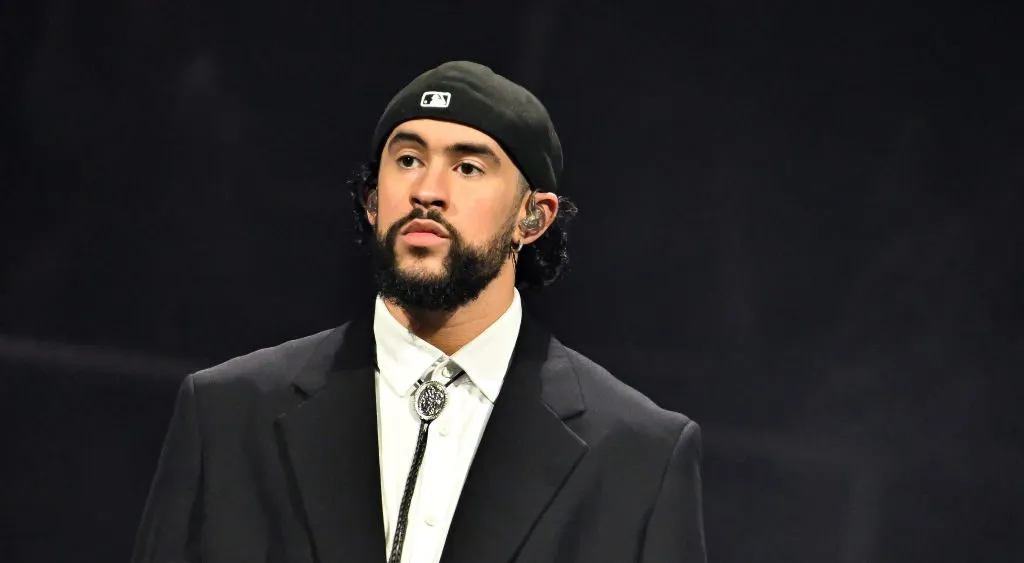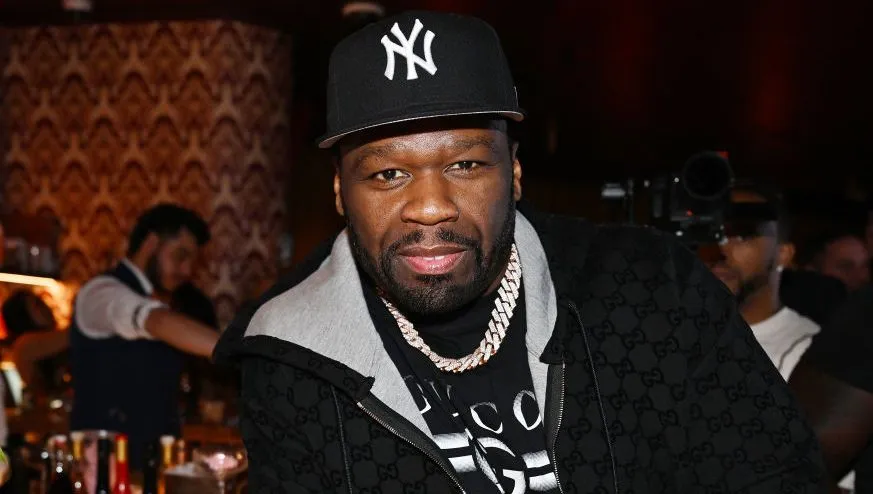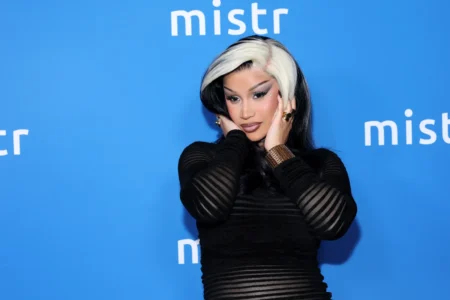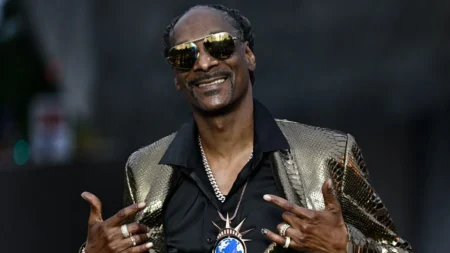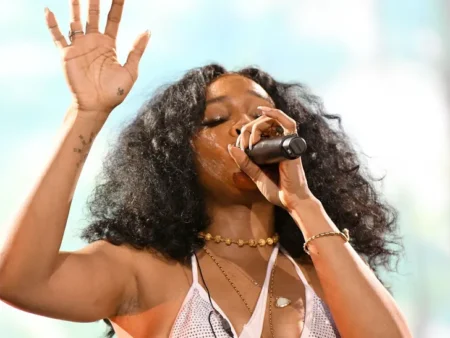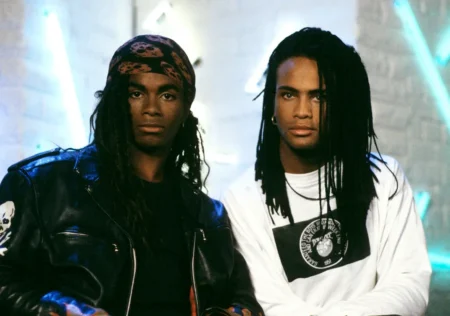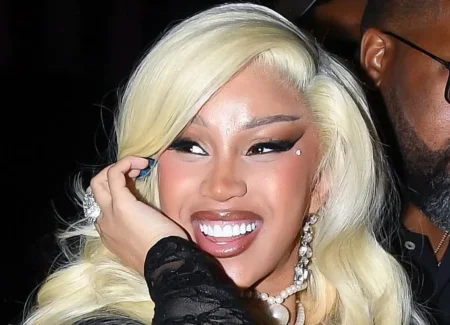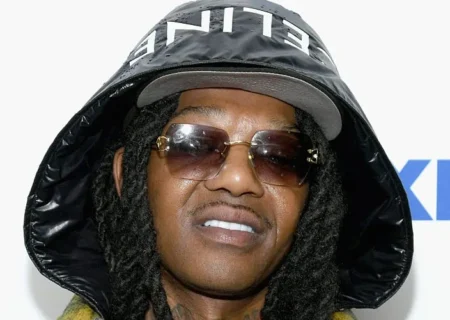In a landmark move merging pop culture and academia, Yale University is set to offer a brand-new course this fall dedicated entirely to analyzing the music, politics, and cultural significance of Puerto Rican megastar Bad Bunny. Officially titled “Bad Bunny: Musical Aesthetics and Politics,” the class will explore how the reggaeton icon’s discography transcends entertainment to serve as a powerful commentary on identity, migration, colonialism, and resistance—especially within the Puerto Rican diaspora.
The course will be taught by Albert Laguna, an Associate Professor of American Studies and Ethnicity, Race, and Migration. Laguna says the idea was sparked while he was listening to Bad Bunny’s sixth studio album, Nadie Sabe Lo Que Va a Pasar Mañana, during a walk in New Orleans. What started as casual listening quickly turned into academic inspiration.
“Every song on that album felt like a sonic essay,” said Laguna. “There was emotional complexity, political critique, and cultural richness that made it clear—this music needs to be studied.”
Bad Bunny: From Billboard Charts to Ivy League Curriculum
Bad Bunny, born Benito Antonio Martínez Ocasio, has become one of the most influential figures in modern music. With hits like “Tití Me Preguntó” and “Yo Perreo Sola,” he has dominated global charts and redefined Latin urban music for a new generation. But more than that, his artistry has served as a mirror to Puerto Rican identity and a voice for marginalized communities.
Laguna’s Yale course aims to decode that phenomenon—using Bad Bunny’s music as an academic lens to explore broader social issues. Topics will include:
- The legacy of colonialism in Puerto Rico
- The evolution and politics of reggaeton, bomba, plena, and salsa
- The complexities of diasporic identity
- Cultural commodification and gentrification on the island
- Gender fluidity and queer representation in Latinx pop culture
“Reggaeton is more than a beat,” Laguna said. “It carries the weight of colonial histories and the pulse of resistance.”
A Syllabus Rooted in Sound and Struggle
A central track in the curriculum is “NUEVAYoL,” a standout from Bad Bunny’s most recent album. The song samples “Un Verano en Nueva York” by El Gran Combo de Puerto Rico, weaving nostalgia, cultural pride, and critique into a single sonic narrative. It serves as the course’s thematic anchor—highlighting the complicated yet vibrant relationship between Puerto Rico and New York City.
The album itself debuted at No. 1 on the Billboard 200, and features collaborations with artists like RaiNao, Los Pleneros de la Cresta, and Chuwi. In lyrics and production, the album offers a layered critique of outside forces attempting to commodify Puerto Rican culture—while doubling down on themes of survival, identity, and authenticity.
Laguna describes it as “a masterclass in musical storytelling.”
Students Are Ready: “It’s About Time”
Yale students are more than ready to explore the multifaceted world of Bad Bunny. Juli Martinez, a sophomore majoring in Ethnicity, Race & Migration, said the course validates a cultural shift long overdue in elite academic spaces.
“I wrote about Bad Bunny in my college essay,” she said. “His music helped me process growing up, being Latina, and navigating complex identities. This class feels like a win for all of us who’ve seen ourselves reflected in his lyrics.”
Martinez isn’t alone. Interest in the course has already surged, with a waitlist forming within days of its announcement. The class is expected to attract not only students of music and cultural studies, but also those interested in sociology, politics, and Latinx studies.
From the Streets to the Seminar Room
Bad Bunny’s career trajectory is nothing short of revolutionary. From working as a supermarket bagger to becoming the most-streamed artist globally on Spotify, his rise is a testament to talent, timing, and truth-telling.
And now, with Yale’s recognition, his influence is being cemented in an entirely new realm—academic legitimacy.
This move is part of a growing trend among top-tier universities acknowledging pop culture icons as serious subjects of scholarly inquiry. Beyoncé, Taylor Swift, and even Kanye West have inspired academic courses across the country, but this marks one of the few where the focus is a Latinx artist from the Caribbean—a meaningful development in diversifying both syllabi and scholarly voices.
“This isn’t just about Bad Bunny,” Laguna emphasizes. “It’s about giving voice to an entire culture and history that has too often been ignored.”
Bad Bunny’s Politics of Visibility
Throughout his career, Bad Bunny has taken public stances on issues affecting Puerto Rico and beyond. He has:
- Protested political corruption during the 2019 ousting of Puerto Rican governor Ricardo Rosselló
- Used his platform to speak against gender violence
- Championed LGBTQ+ rights, breaking traditional gender norms in Latin music
- Worn skirts, painted his nails, and used visual aesthetics to challenge toxic masculinity
These moments—viral and symbolic—are not just PR tactics. Laguna argues they are political acts that warrant academic attention.
“Bad Bunny is reimagining what masculinity, fame, and resistance look like for a global audience. That’s a powerful thing to unpack.”
Reggaeton: A Sound of Resistance
A major focus of the Yale class will be reggaeton’s roots and its evolution as a transgressive genre. Born in the marginalized neighborhoods of Puerto Rico and Panama, reggaeton was once criminalized by authorities and looked down upon by mainstream audiences.
Today, it’s one of the world’s most dominant genres—yet its political roots remain largely misunderstood.
“You can’t separate reggaeton from resistance,” Laguna notes. “It’s the soundtrack of the streets, and the voice of communities that have long been ignored.”
By placing reggaeton—and by extension, Bad Bunny—under the academic microscope, the course aims to elevate these cultural contributions to the same status as classical music or literary theory.
Beyond the Music: The Future of Pop Culture Studies
Yale’s bold step in offering this course reflects a larger movement within higher education: pop culture as critical pedagogy. No longer confined to film theory or comparative literature, modern cultural studies now embrace everything from TikTok trends to hip-hop lyrics as meaningful cultural texts.
With this course, Yale isn’t just teaching about Bad Bunny—it’s redefining what counts as intellectual capital in the 21st century.
Conclusion: A Cultural Milestone in Academia
As students prepare to dive into beats, bars, and the buried truths of Bad Bunny’s Puerto Rican narrative, Yale’s decision marks a cultural milestone. The course validates reggaeton’s scholarly significance and highlights the evolving role of celebrity in shaping public discourse.
More than just a class, it’s a call to rethink who we study, why we study them, and what their stories tell us about ourselves.




